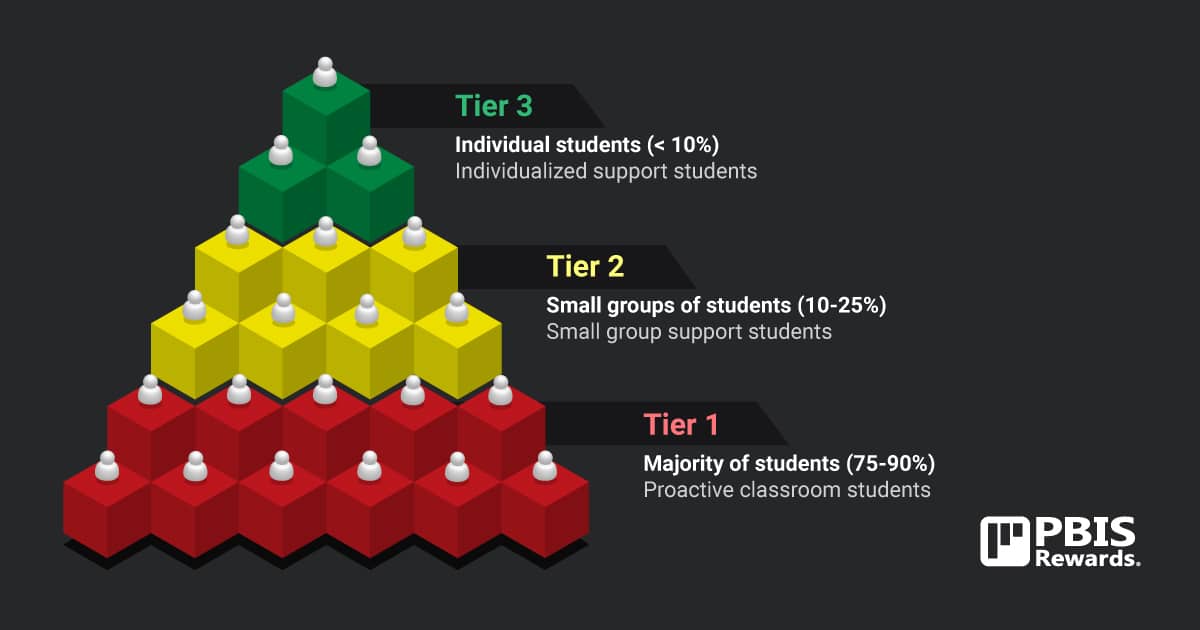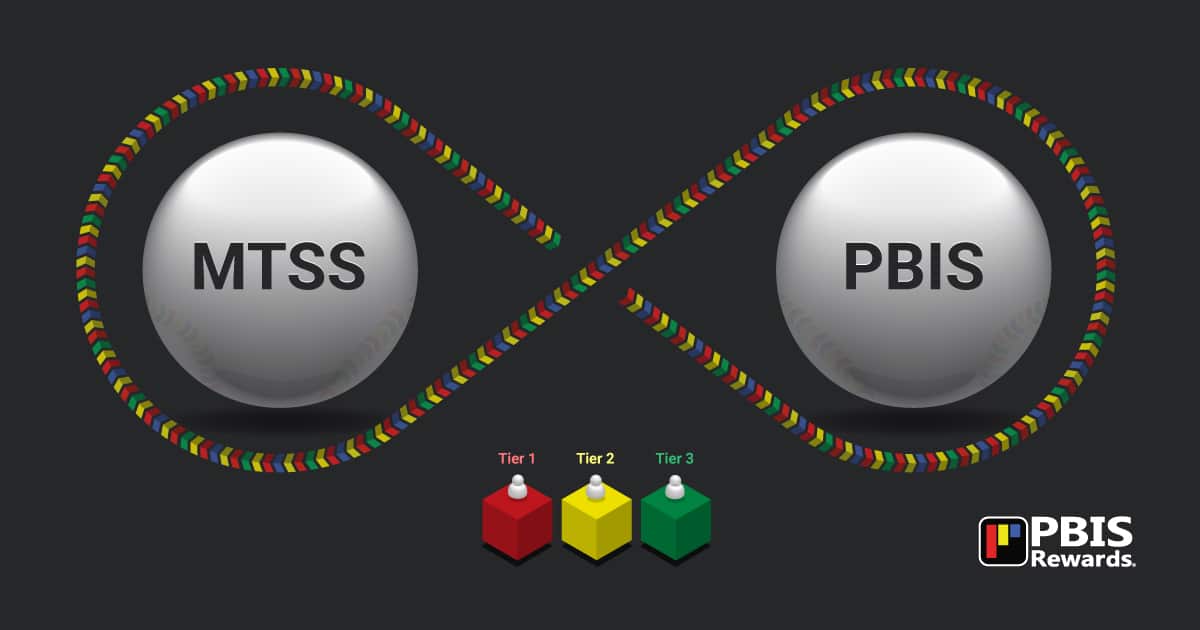After completing RTI (Part 1),? describe how MTSS and RTI can support the learning of all students in a classroom. List at least four benefits of usi
After completing “RTI (Part 1),” describe how MTSS and RTI can support the learning of all students in a classroom. List at least four benefits of using MTSS/RTI with struggling students. Defend your reasons with citations and references. In replies to peers, discuss additional benefits that have not already been mentioned.
GET STARTED Menu
- About Menu
- Resources Menu
- Features Menu
- Blog
- Training Menu
- Contact Menu
- Get Started
- search this site
- Conference
- Support
- Login
What is MTSS?
Some students struggle with academics. Others struggle with behavioral challenges. Still others struggle with both. How do schools respond to students with challenges or struggles that interfere with their ability to learn?
Many schools use a framework of interventions and supports designed to address these behavioral and academic challenges. This framework, known as MTSS, helps schools to identify struggling students early so that they may receive assistance quickly. But what is MTSS?
Defining MTSS
Multi-Tiered System of Supports (MTSS) is a framework that helps educators provide academic and behavioral strategies for students with various needs. MTSS grew out of the integration of two other intervention-based frameworks: Response to Intervention (RtI) and PBIS.
As part of the Individuals with Disabilities Education Act (IDEA) updated by Congress in 2004, the Response to Intervention model of assessment originally sought to identify students who would benefit from more intensive supports. From these beginnings as a tool to help improve educational outcomes for students in special education, MTSS has grown to encompass all students at every level.
Key Components of MTSS
Instead of the “waiting for failure” assessment model of pre-IDEA days, MTSS takes a proactive approach to identifying students with academic or behavioral needs. Early assessment and intervention for these students can help them catch up with their peers sooner. The key components of MTSS include:
- Universal screening of all students early in the school year
- Tiers of interventions that can be amplified in response to levels of need
- Ongoing data collection and continual assessment
- Schoolwide approach to expectations and supports
- Parent involvement
The integrated instruction model of MTSS uses collected data to assess student needs and provide them with interventions in appropriate tiers.

Three Tiers of Support
MTSS provides a method of early identification and intervention that can help struggling students to catch up with their peers. As such, MTSS uses three tiers of support to assist all students at various levels. These three tiers include:
Tier 1 – Universal or primary – Majority of students (75-90%)
As the largest tier, and the foundation for the entire framework, Tier 1 encompasses the entire school with core instructions and basic interventions. This structure helps to build positive relationships between staff and students. It includes proactive classroom management strategies aimed at creating a supportive atmosphere. Students who do not respond to these interventions may move into Tier 2.
Tier 2 – Secondary – Small groups of students (10-25%)
Some students need a little extra assistance in meeting academic and behavioral goals, and it is in Tier 2 that these individuals receive that help. Often these interventions and supports are delivered in small group settings, such as reading groups. Check-In/Check-Out (CICO) interventions are often a part of Tier 2, as well. This targeted support allows students to work toward catching up with their peers.
Tier 3 – Tertiary – Individual students (< 10%)
A subset of students has significant challenges that do not respond to the interventions and supports in Tier 1 or Tier 2. Tier 3 gives these students individualized supports and can include assistance from outside agencies such as behavioral counselors or family therapists.
MTSS tiers help schools to organize levels of supports based on intensity so that students receive necessary instruction, support, and interventions based on need. As such, student identities are not based on tier levels. Instead, individuals are identified as students in need of supports. This helps educators to respond appropriately and provide students with the assistance they need to prosper in the classroom.
Employing the MTSS Framework
Schools using MTSS seek successful educational and behavioral outcomes for all students, regardless of challenges. This may involve significant interventions for a segment of the student population, with the goal of moving these individuals into reduced interventions as they progress. The flexibility of this framework allows students to move from tier to tier as needed, without prescribed timelines. The elements of MTSS include:
- Multiple tiers of instruction, intervention, and support
- Includes learning standards and behavioral expectations
- Increasing levels of intensity
- Problem-solving process
- Collaborative and team-based decision making to determine which students need interventions
- Data evaluation
- Interpretation of data to determine student progress and action steps
- Communication and collaboration
- Teamwork focused on building relationships and using data to improve those relationships
- Capacity building infrastructure
- Professional development and coaching along with written plans
- Leadership
- Active involvement and administration of practices
School Climate and MTSS
MTSS creates a positive environment for all students which in turn impacts school climate. Positive school climate is the leading indicator for such outcomes as increased academic achievement, increased teacher retention, and reduced discipline referrals.
The interventions and supports found in MTSS help in relationship building, which is a key factor in student success. Additionally, a supportive school environment allows each student to work through their challenges and catch up with their peers. Defined tiers of intervention for both academic and behavioral challenges enables educators to address student needs, both as a group and individually.
It’s important to note that MTSS tiers may look quite different from school to school. MTSS focuses on the overall needs of individual students, and what may be a Tier 2 intervention in one school might be a Tier 1 in another. It is up to each school to develop an MTSS framework that addresses challenges specific to that school community.

PBIS as a Part of MTSS
As part of an MTSS framework, PBIS can help educators build an awesome school culture and address behavioral challenges in a positive way. These interventions, when paired with the academic assistance found in RtI, can help students to improve in all areas. The tiered structure of a PBIS initiative helps educators to provide students with the help they need to develop the behavioral skills necessary for success. This social-emotional learning coincides with academics, and each can help strengthen the other.
Schoolwide expectations, tiered systems of supports, and consistent data analysis are all hallmarks of PBIS. These factors are critical to the success of MTSS, as well. Employing the MTSS framework helps to focus educators and students alike on positive interactions, creating a school climate focused on student success.
Do you want to learn more about PBIS Rewards?
PBIS Rewards is an affordable schoolwide PBIS management system that assists schools in their quest for a positive school environment. We’d love to show you how easy it is to simplify your PBIS program management. You can request more information or experience a PBIS Rewards demo.
We'd love to hear your thoughts. Find us on LinkedIn (PBIS Rewards)!
Here are some related articles you may find interesting:
What is PBIS?
If a child doesn’t know how to read, we teach. If a child doesn’t know how to swim, we teach. If a child doesn’t know how to multiply, we teach. If a child doesn’t know how to drive, we teach. If a child doesn’t know how to behave, we… teach?…
Did You Know About This PBIS Definition?
There can be a lot of PBIS definitions tossed around as schools work diligently to improve school culture by changing the way students and teachers interact with one another. An increased emphasis on positive behaviors can give your staff more time to teach, reduce discipline referrals, and improve academic outcomes.…
Can You Identify Positive School Climate?
One of the keys to a successful school year is a positive school climate. Made up of a mix of intangible and tangible resources, school climate is often the single most important factor in the success of a school. Positive school climate improves student achievement, teacher retention, mental and behavioral…
Primary Sidebar
Latest from the Blog
- PBIS Rewards Family App Now in Spanish
- PBIScon22: Meet the Speaker – Jeremy Anderson
- Wrapping Up PBIS at the End of the School Year
PBIS Rewards Apps
The PBIS Rewards apps are available on Google Play, the App Store, and Amazon Apps.
Footer
- PBIS Rewards Conference
- PBIS Training
- PBIS Rewards Newsletter
- PBIS Incentives
- Teacher Incentives
- School Fundraising Ideas
- Website Privacy Policy
- Platform Privacy Policy
- Platform Terms of Service
- COPPA Notice
- Billing and Payment Policy
- Policies Overview
Copyright © 2022 PBIS Rewards • Powered by Motivating Systems, LLC.
Search PBISRewards.com … ![]()

, Skip to Content ↵ENTER Skip to Menu ↵ENTER Skip to Footer ↵ENTER
- Resources
- IRIS Resource Locator Modules, case studies, activities, & more
- Evidence-Based Practice Summaries Research annotations
- High-Leverage Practices IRIS resources on HLPs
- IRIS Alignment Tools HLPs, SiMRs, & CEEDAR ICs
- Films Portrayals of people with disabilities
- Children's Books Portrayals of people with disabilities
- For Faculty Sample syllabi, curriculum matrices, & more
- For PD Providers Sample PD activities, planning forms, & more
- For Independent Learners Resources & tools for independent learners
- Website Navigation Videos Getting around our Website & modules
- New & Coming Soon Latest modules & resources
- Glossary Disability related terms
- PD Options
- Articles & Reports
- Articles Articles about IRIS use & efficacy
- Internal IRIS Reports Reports on IRIS use & accomplishments
- External Evaluation Reports Evaluations of the IRIS Center
- Learner Outcomes Summaries of module effectiveness
- Consumer Satisfaction Feedback and testimonials from IRIS users
- IRIS Stories Our resources, your stories
- News & Events What, when, & where it's happening
- About
- Who We Are Our team, e
Collepals.com Plagiarism Free Papers
Are you looking for custom essay writing service or even dissertation writing services? Just request for our write my paper service, and we'll match you with the best essay writer in your subject! With an exceptional team of professional academic experts in a wide range of subjects, we can guarantee you an unrivaled quality of custom-written papers.
Get ZERO PLAGIARISM, HUMAN WRITTEN ESSAYS
Why Hire Collepals.com writers to do your paper?
Quality- We are experienced and have access to ample research materials.
We write plagiarism Free Content
Confidential- We never share or sell your personal information to third parties.
Support-Chat with us today! We are always waiting to answer all your questions.

- Who We Are Our team, e


